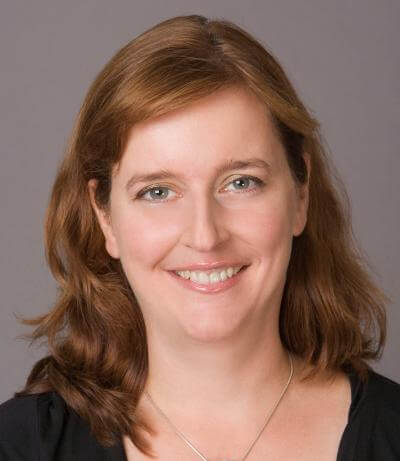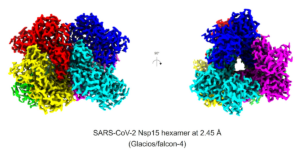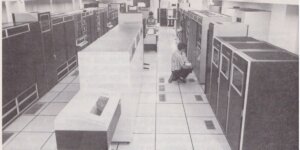
Ewa Deelman
ISI Project Leader Ewa Deelman and her group will participate in an ambitious NSF effort to develop and test novel approaches to parallel, grid, and cloud computing.
The FutureGrid effort is under the leadership of Indiana University as part of a $15 million project largely supported by a $10.1 million grant from the National Science Foundation (NSF) – one of only two experimental systems in the NSF Track 2 program that funds the most powerful, next-generation scientific supercomputers in the nation.FutureGrid is a high performance grid test bed that will allow scientists to work collaboratively to develop and test novel approaches to parallel, grid, and cloud computing.
These types of computing have become essential to such lifesaving work as medical and life science modeling and drug discovery, as well as to disciplines ranging from physics and environmental science to economic modeling and forecasting.
Deelman’s group will join with other investigators from institutions, including Purdue University, San Diego Supercomputer Center at University of California San Diego, University of Chicago/Argonne National Labs, University of Florida, University of Tennessee Knoxville, University of Texas at Austin/Texas Advanced Computing Center, University of Virginia, and the Center for Information Services and GWT-TUD from Technische Universtität Dresden.
“We will be contributing workflow techniques n support of experiments running on FutureGrid” said Deelman, a research associate professor in the Viterbi School Department of Computer Science and a project leader at ISI.
Her Pegasus Project, also funded by NSF, is a flexible framework that enables the mapping of complex scientific workflows onto a grid. Other ISI researchers involved in Pegasus include Gaurang Mehta, Karan Vahi, and Gideon Juve.
“FutureGrid will serve as a proving ground for new distributed computing systems and will open up exciting new avenues for scientific, commercial, and governmental collaboration and research,” said Principal Investigator Geoffrey C. Fox, director of the Pervasive Technology Institute (PTI) Digital Science Center and a professor in the IU School of Informatics and Computing at Bloomington. “We envision the grids and clouds of the future not as a single system, but as many linked systems. For this reason we are engaging an incredible set of academic and industry partners throughout the US and in Europe to participate in FutureGrid.”
Read the University of Indiana’s detailed description of FutureGrid.
Published on September 11th, 2009
Last updated on August 5th, 2021













